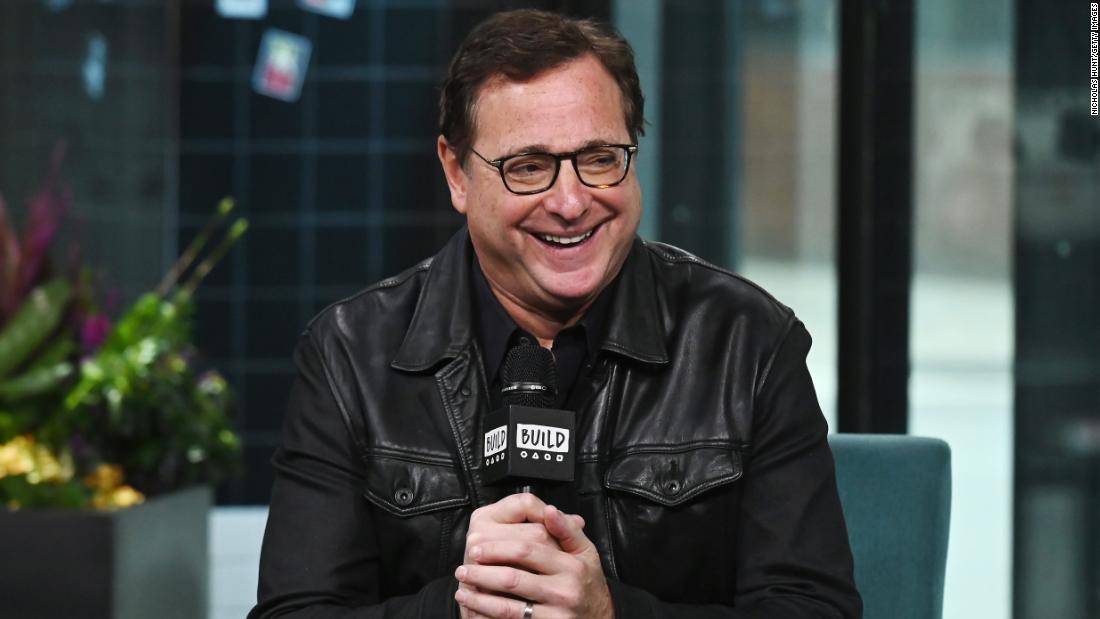The Rhythm Revolution Evolution of Musical Genres
Music is a universal language that has the power to connect people from different cultures, backgrounds, and generations. Throughout history, the evolution of musical genres has shaped the way we perceive and experience music. From classical compositions to modern-day hits, the rhythm revolution has played a pivotal role in defining and redefining musical styles. In this article, we will embark on a journey through time to explore the evolution of musical genres, from their origins to the present day.
The Roots of Music: Ancient Beginnings
The Birth of Melody
Music has its roots deeply embedded in human history. The earliest known musical instruments date back to ancient civilizations, such as the Sumerians and Egyptians. These early civilizations developed simple instruments like flutes, drums, and lyres, laying the foundation for melodic expression.
Cultural Influences on Early Music
As societies evolved, so did their music. Different cultures across the world developed unique musical styles, influenced by their customs, rituals, and beliefs. From the haunting melodies of Indian classical music to the intricate harmonies of Western classical compositions, the diversity of musical expression began to flourish.
The Rise of Folk Music
Folk music emerged as a reflection of the common people's experiences, often telling stories of love, loss, and societal struggles. Passed down through generations, folk music played a significant role in preserving cultural traditions and transmitting historical narratives through songs.
Classical Conquerors: The Age of Symphonies
The Baroque Era
The Baroque era, spanning from the late 16th century to the early 18th century, witnessed the rise of grand compositions and ornate musical styles. Renowned composers like Johann Sebastian Bach and Antonio Vivaldi left an indelible mark on classical music, creating complex and intricate masterpieces.
The Classical Era
The Classical era brought a shift in musical composition, characterized by simplicity, balance, and elegance. The works of Wolfgang Amadeus Mozart and Ludwig van Beethoven epitomize the beauty and emotional depth of this period.
The Romantic Era
The Romantic era broke away from the formalities of the Classical era, embracing intense emotions and personal expression. Composers like Frederic Chopin and Franz Schubert crafted symphonies and sonatas that stirred the soul, leaving an enduring impact on music history.
The Birth of Popular Music: Jazz, Blues, and Beyond
The Jazz Age
The early 20th century marked the birth of jazz, an innovative genre that combined African rhythms, European harmonies, and improvisation. Pioneers like Louis Armstrong and Duke Ellington revolutionized music with their vibrant performances and improvisational skills.
The Blues Revolution
Originating in African-American communities, the blues expressed deep emotions through melancholic melodies and soulful lyrics. Artists such as Robert Johnson and B.B. King brought the blues to the forefront, paving the way for future genres like rock and soul.
The Influence of African Rhythms
African rhythms and beats have had a profound influence on the evolution of music. From the syncopated rhythms of jazz to the infectious grooves of funk and reggae, African musical traditions have permeated various genres, enriching the global musical landscape.
Rocking the World: The Birth of Rock 'n' Roll
Rockabilly and Its Pioneers
The 1950s witnessed the rise of rockabilly, a fusion of rock 'n' roll and country music. Artists like Elvis Presley, Jerry Lee Lewis, and Chuck Berry brought a rebellious energy to the music scene, captivating audiences with their electrifying performances.
The Rise of Elvis Presley
Elvis Presley, often referred to as the "King of Rock 'n' Roll," became a cultural icon and transformed the genre forever. His unique blend of rock, country, and blues captivated millions and set the stage for the rock revolution of the 1960s.
The British Invasion
In the 1960s, British bands such as The Beatles, The Rolling Stones, and The Who conquered the American music scene, infusing rock 'n' roll with new energy and creativity. Their distinct sound and rebellious attitude propelled the genre to new heights.
The Beat Goes On: Pop, Disco, and Electronic Music
The Rise of Pop Music
Pop music took the world by storm in the late 20th century, becoming a dominant force in the music industry. Artists like Michael Jackson, Madonna, and Whitney Houston redefined pop music with their catchy melodies, stylish performances, and groundbreaking music videos.
The Disco Fever
Disco music emerged as a cultural phenomenon in the 1970s, characterized by pulsating beats and danceable rhythms. Artists like Donna Summer and Bee Gees ruled the disco era, providing an infectious soundtrack to the nightlife and dance clubs.
The Digital Revolution
The advent of digital technology revolutionized the production and consumption of music. Electronic instruments, synthesizers, and computer-based recording techniques gave birth to new genres like techno, house, and electronic dance music (EDM), pushing the boundaries of musical experimentation.
Breaking Boundaries: Hip Hop and Rap
The Birth of Hip Hop
Hip hop originated in the streets of the Bronx, New York City, during the 1970s. Combining spoken-word poetry, DJ scratching, breakdancing, and graffiti art, hip hop revolutionized the music industry and became a powerful platform for social commentary.
The Rise of Gangsta Rap
Gangsta rap emerged in the 1980s, with artists like N.W.A and Tupac Shakur expressing the realities of inner-city life and addressing social issues such as police brutality and systemic racism. The genre sparked controversy but also provided a voice for marginalized communities.
The Mainstream Success of Hip Hop
Hip hop gradually transitioned from underground subculture to mainstream success. Artists like Jay-Z, Eminem, and Kanye West pushed boundaries, blending genres, and creating innovative sounds that resonated with a global audience.
The Fusion of Genres: Alternative, Indie, and World Music
Alternative Rock and Grunge
The alternative rock movement of the 1990s challenged the mainstream music scene with its raw energy and non-conformist attitude. Bands like Nirvana, Pearl Jam, and Radiohead brought grunge and alternative rock to the forefront, appealing to a generation seeking authenticity and emotional depth.
The Indie Music Scene
The rise of indie music showcased the power of independent artists and their ability to create unique and experimental sounds outside of traditional record labels. Bands like Arcade Fire, Vampire Weekend, and Bon Iver gained critical acclaim and cultivated dedicated fan bases.
World Music and Global Influences
World music became a melting pot of diverse cultural influences, blending traditional sounds with contemporary elements. Artists like Youssou N'Dour, Fela Kuti, and Buena Vista Social Club introduced global rhythms and melodies to a wider audience, fostering appreciation for cultural diversity.
The Sound of the Future: Electronic Dance Music (EDM)
Techno and House Music
Techno and house music emerged from the underground club scenes of Detroit and Chicago, respectively. These electronic genres revolutionized dance music, with DJs and producers like Carl Cox, Derrick May, and Frankie Knuckles shaping the sounds of the future.
Trance and Progressive House
Trance and progressive house took electronic music to new heights, captivating listeners with mesmerizing melodies and uplifting beats. Artists like Armin van Buuren, Tiesto, and Sasha pushed the boundaries of electronic music, creating epic and euphoric experiences.
The EDM Phenomenon
Electronic dance music (EDM) exploded in popularity in the 2010s, becoming a global phenomenon. Festivals like Tomorrowland and Ultra Music Festival attracted millions of fans, and DJs like Calvin Harris, Avicii, and Martin Garrix became household names, blurring the lines between mainstream and underground.
The evolution of musical genres is a testament to the ever-changing nature of human creativity and expression. From the ancient origins of melody to the futuristic sounds of EDM, music continues to evolve and captivate audiences worldwide. The rhythm revolution has brought us closer together, breaking barriers and transcending boundaries. As we embrace the diversity of musical genres, let us celebrate the power of music to unite, inspire, and transform our lives.









 English (US) ·
English (US) ·